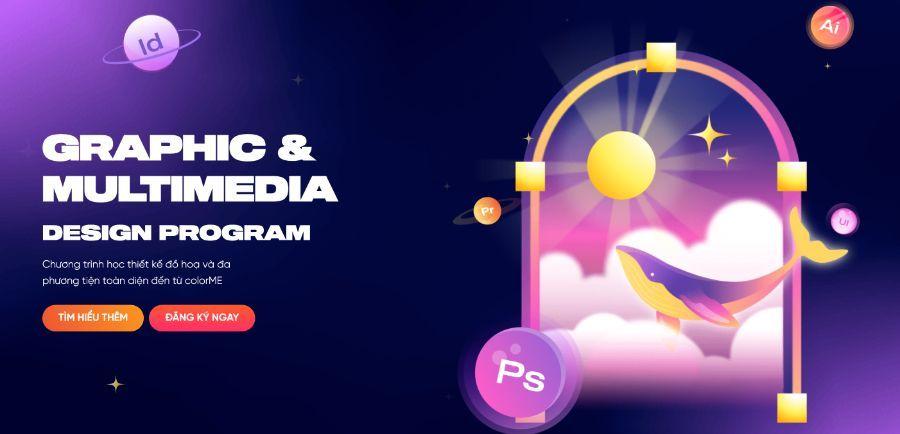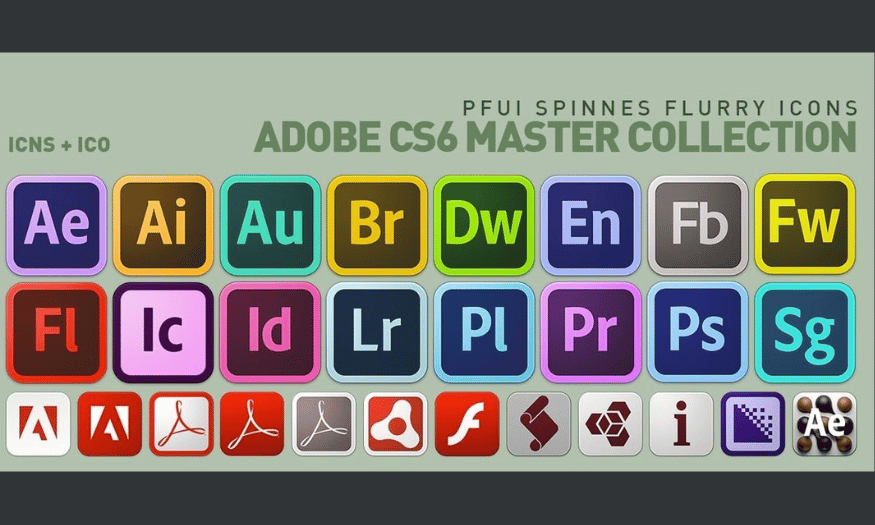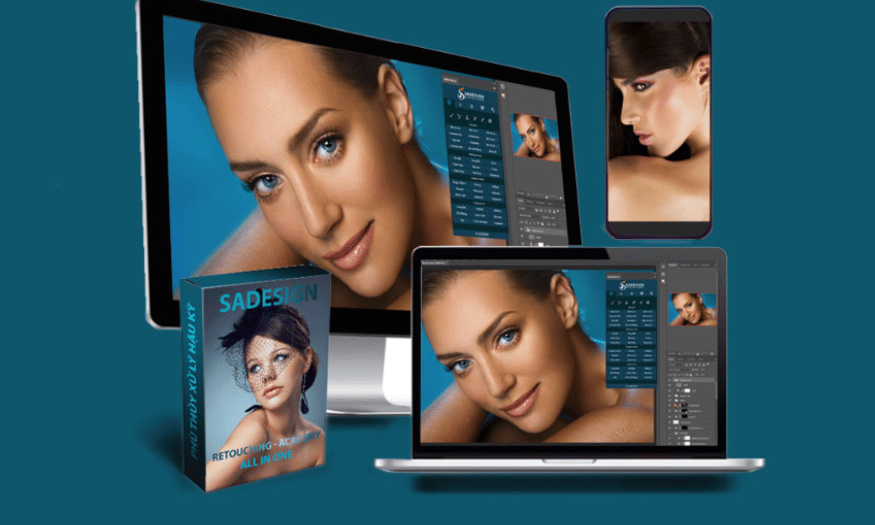Best Selling Products
UI/UX Designer: Concept, Role and Guide to Choosing the Right Major
Nội dung
- 1. What is UI/UX? Basic Concepts
- 1.1. UI (User Interface) – User Interface
- 1.2. UX (User Experience) – User Experience
- 2. UI/UX Designer's Job
- 2.1. UI Designer's Job
- 2.2. UX Designer's Job
- 3. What Skills Does a UI/UX Designer Need?
- 3.1. Design Skills
- 3.2. User Research Skills
- 3.3. Skills in Using Design Tools
- 3.4. Teamwork Skills
- 4. What to Study to Become a UI/UX Designer?
- 4.1. Graphic Design
- 4.2. Computer Science
- 4.3. Web Design
- 4.4. In-depth Course on UI/UX Design
- 5. Career Prospects and Development Path
- 5.1. Job Opportunities
- 5.2. Development Roadmap
- 6. Conclusion
Learn about what UI/UX is, UI/UX Designer jobs, and the right major to study to become a professional UI/UX Designer. Explore this potential career path today.

UI/UX is becoming one of the most sought-after fields in the technology industry today. So what is UI/UX and what do you need to study to become a professional UI/UX Designer? This article will answer these questions, helping you gain insight into the job, the necessary skills and the learning path to enter the profession.
1. What is UI/UX? Basic Concepts
To understand this profession, you first need to clearly distinguish between UI and UX, because although they are closely related, they have distinctly different characteristics.
1.1. UI (User Interface) – User Interface
UI stands for User Interface . UI Designer focuses on designing interface elements that users interact with directly, including buttons, menus, icons, navigation bars, and other elements on the screen. The UI Designer's job is to make the interface beautiful, easy to use, and aesthetically pleasing.
.jpg)
A UI Designer needs to have a deep understanding of color, layout, typography, images, and other elements that create a smooth, easy user experience. A good interface should not only be attractive, but also help users perform actions easily and effectively.
1.2. UX (User Experience) – User Experience
UX stands for User Experience . UX Designer is responsible for creating a smooth and pleasant overall experience for users when they use a product or service. UX is not only focused on interface elements but also involves understanding user needs and behaviors, thereby optimizing the way users interact with the system.
A UX Designer needs to be able to research user behavior, conduct A/B tests, create wireframes and prototypes to ensure the final product meets user requirements and provides the best possible experience.
2. UI/UX Designer's Job
The job of a UI/UX Designer is not just about designing beautiful interfaces. They also have to research, analyze and test to find the most suitable design solutions for users.
2.1. UI Designer's Job
The job of a UI Designer includes:
Interface Design : UI Designers are responsible for creating the look and feel of an application or website, including elements such as color, typography, buttons, navigation, and layout. The goal is to ensure aesthetics, ease of use, and optimal user experience. They are responsible for creating layouts, choosing colors, fonts, icons, and other graphic elements to create an intuitive, engaging, and on-brand interface.
Ensuring Aesthetics : UI Designers not only care about aesthetics but also optimize the interface so that users can easily recognize and interact.
Update and Development : UI Designers also have to maintain innovation in the interface, especially in updated versions of the product.
In addition, UI Designers need to work closely with UX Designers, developers, and stakeholders to ensure that the final product is not only beautiful but also meets the needs and behaviors of users. Grasping new design trends and mastering specialized tools are also important factors that help UI Designers fulfill their roles well.
2.2. UX Designer's Job
A UX Designer's job revolves around researching, designing, and optimizing user experiences to ensure a product or service best meets the needs and expectations of customers.
.jpg)
User Research : This includes conducting user research, analyzing behavior, building prototypes, and testing interfaces to improve usability, aesthetics, and efficiency. It includes interviews, surveys, and analyzing user data.
Create Wireframes and Prototypes : UX Designers design wireframes and prototypes to test ideas with users, thereby optimizing features and user experience.
Testing and Evaluation : UX Designers conduct A/B tests, evaluate user interactions with products, and improve designs based on the results.
UX Designers need to work closely with product development teams, UI designers, and other stakeholders to ensure that the final product not only functions well but also provides high value to users. Creativity, problem-solving skills, and a user-centric mindset are key to a UX Designer’s success in their role.
3. What Skills Does a UI/UX Designer Need?
To become a good UI/UX Designer, you need to equip yourself with some important skills, including design knowledge, user research skills, and teamwork ability. Specifically, you need to equip yourself with the following skills:
3.1. Design Skills
UI Design : UI Designers need to understand basic design principles such as layout, spacing, color, typography, and how to use these elements to create a harmonious, easy-to-use interface.
User Experience Design (UX Design) : Equally important is user experience design, understanding how users interact with a product and how to optimize that process.
3.2. User Research Skills
A big part of a UX Designer’s job is user research and analysis. This includes conducting surveys, interviewing users, analyzing their behavior, and gathering feedback. This skill helps UX Designers better understand users’ needs and problems, and create appropriate design solutions.
3.3. Skills in Using Design Tools
Interface Design Tools : Tools like Adobe XD , Figma, Sketch, and InVision are popular software used by UI/UX Designers for interface design and prototyping.
User Research and Analytics Tools : Tools like Google Analytics, Hotjar, and Crazy Egg help UX Designers collect data and analyze user behavior to improve the experience.
3.4. Teamwork Skills
UI/UX Designers often work closely with developers, product managers, and marketing teams, so communication and teamwork skills are essential to ensure all parties understand and agree on design decisions.
4. What to Study to Become a UI/UX Designer?
To become a UI/UX Designer, you don’t necessarily need a degree in graphic design. However, there are a number of courses you can pursue to give you a solid foundation for this career.
4.1. Graphic Design
Graphic design provides you with the fundamentals of design, including design principles, design software, and how to create compelling media products. This is an ideal foundation if you want to become a UI/UX Designer, especially in interface design.
4.2. Computer Science
If you are interested in combining design and technology, computer science may be a good choice. Knowledge of programming, software development, and systems will help you work better with development teams and create easy-to-use digital products.
.jpg)
4.3. Web Design
Web design focuses on creating websites and applications that are easy to use and effective. With the strong growth of UX/UI design, this industry is also an option not to be missed if you want to focus on web design.
4.4. In-depth Course on UI/UX Design
In addition to mainstream courses, there are now many specialized courses in UI/UX Design. These courses will provide you with the knowledge and skills needed to enter the profession, from interface design to user research.
5. Career Prospects and Development Path
The UI/UX Design industry is growing and has great career prospects. Tech companies, startups, and large organizations are looking for UI/UX Designers who can improve user experience and create products that are easy to use and effective.
5.1. Job Opportunities
With the strong development of technology companies, the UI/UX Design industry is in high demand. Companies need people who are creative, grasp design trends and always improve user experience.
5.2. Development Roadmap
If you want to become a good UI/UX Designer, you need to keep learning and improving your skills. Starting with small projects, taking online courses, and gaining practical experience will help you develop your career in a sustainable way.
6. Conclusion
UI/UX Design is a very interesting and challenging field that requires creativity, technical skills and an understanding of user behavior. To become a UI/UX Designer, you do not need to study a specific subject, but you do need to have a basic knowledge of design, technology and user research. With the continuous development of technology, UI/UX Design promises to continue to be a career full of potential and












































